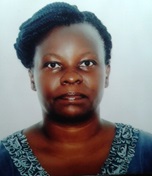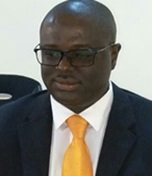GTA Programme
The Graduate Teaching Assistantship (GTA) Programme contributes to one of RUFORUM's three strategic goals to build synergy from networks of specialisation to develop quality human resources and capacity required to intensify and increase Africa's agricultural productivity and competitiveness and its Vision 2030 Strategy that focuses on building postgraduate training and research capacity in its member universities. The GTA programme has been implemented since 2015 to: (i) improve the quality of higher education and increase the pool of PhD-level trained academic staff in African universities; (ii) provide opportunities for the doctoral research to contribute more directly to African development; (iii) strengthen inter- university collaboration in the field of higher education in Africa; and (iv) promote staff mobility among RUFORUM member universities, and across Africa. Initially, the programme focused only on agriculture and related fields; recently it has been opened up to more fields based on the gap areas and priorities of member universities.
GTA Implementing Approach
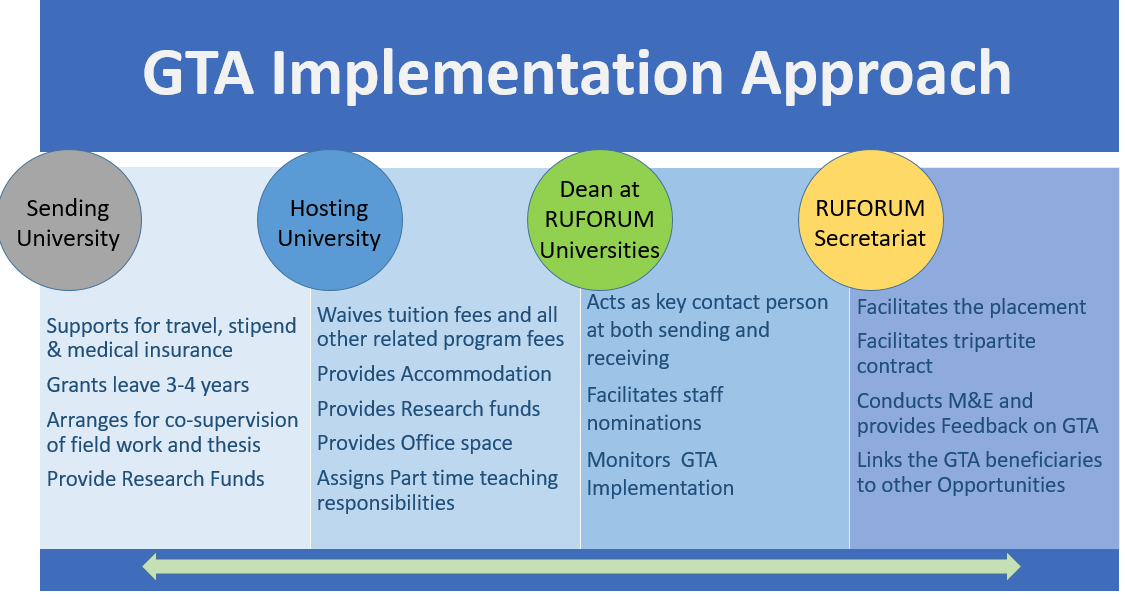
The GTA programme uses a unique approach in which the costs of training are covered by both the sending and host universities. The sending university provides stipend in form of salary for the staff, travel and research support whereas the host university waivers tuition and provides accommodation. The GTA candidate also contributes to teaching in the department offering PhD training in the host university. Read more
GTA Continental Coverage
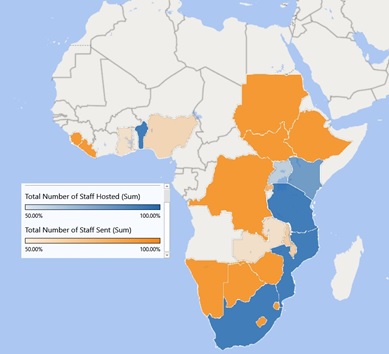
The GTA program has been implemented in a total of 22 of the 38 RUFORUM member countries among a total of 37 sending and 25 hosting universities Read more
The GTA Thematic areas












The GTA Thematic areas include, Engineering, natural sciences, agricultural and rural innovation, environmental sciences, aquaculture, soil science. Read more
The GTA Programme Beneficiaries
View more GTA Students
GTA Student Story Lines
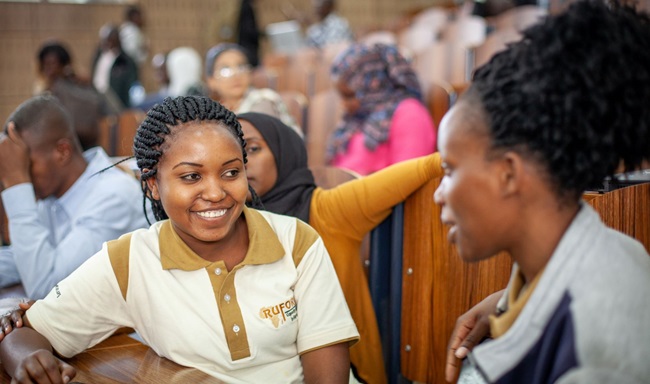
GTA Implementation between 2015-2024
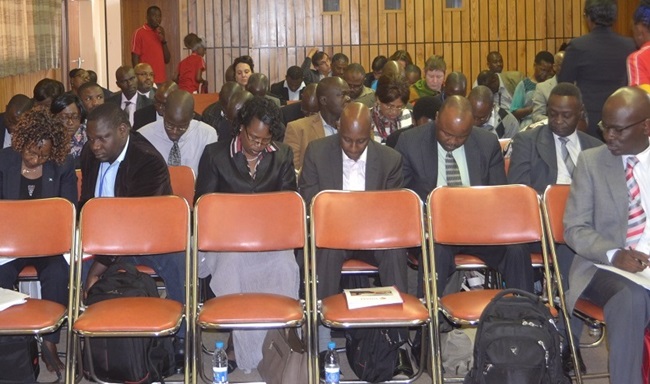
PhD training in 25 universities bringing the total number placed to 138 (97 male, 41 female). Already 16 have completed training. Read More
Publication, Reports and Calls
- Call for GTA PhD Fellowships 2023/2024
- GTA Briefing Note, as of Jan 2023
- Guidelines for GTA Grants
- Call for GTA PhD Program English || French
- Call for GTA PhD Fellowships 2020/2021
- GTA Implementation 2015 -2020
- List of Sending and Hosting Universities
- Academic staff enrolled under GTA Programme.
- Frequently Asked Questions on GTA Programme
Read More




